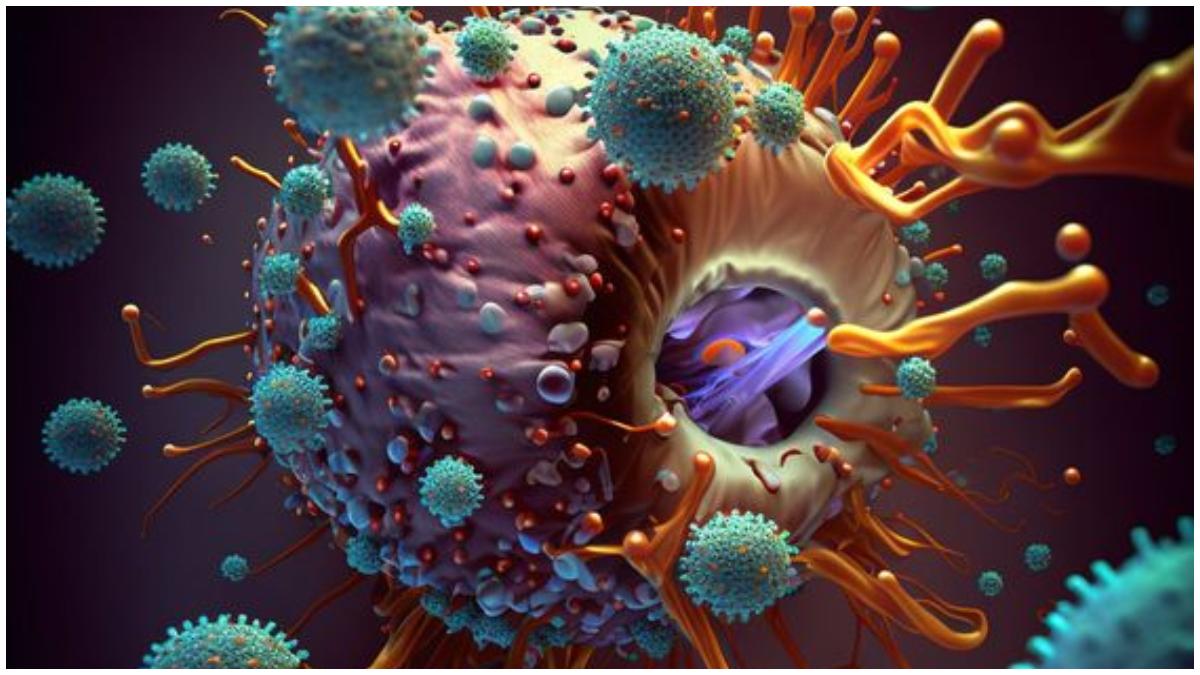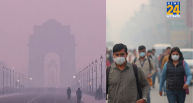Delhi seems to be in the grip of a steep rise in viral and bacterial infections. More people are afflicted with coughs, colds, fevers, and serious illnesses such as dengue, malaria, and chikungunya, raising health experts’ concerns. This alarming rise of infections has been strongly related to the recent monsoon season, which made such diseases most contagious. While the capital is struggling with this health emergency, the surrounding states are also experiencing similar issues.
What’s Driving the Increase in Delhi’s Infections?
The main reason for the increasing number of infections in Delhi is the rainy season. Health experts point out that the start of the rainy season has caused a big rise in cases. August was rainy for 26 days a huge rise in moisture levels from that recorded over the past 14 years. This additional moisture has facilitated the easier spread of this disease. The resultant infections include all types of common colds and flu to serious diseases such as dengue, malaria, influenza, viral hepatitis, chikungunya, and respiratory diseases.
Typhoid And Leptospirosis Cases Increasing
More and more viral outbreaks have affected Delhi, and there is also a greater incidence of bacterial infections, such as typhoid and leptospirosis. As per a report of Times of India, Dr. Romil Tikko said that about 70% of patients coming in with fever are showing up either with dengue or the flu. The situation is getting worse because COVID-19 cases have been arriving due to travelers coming back from other countries. Early diagnosis of typhoid and dengue is of great importance to control the rising cases and prevent further spread.
Effect On Nearby States
But this health crisis is not limited only to Delhi, and the areas bordering the capital are also showing a rise in infections. According to Professor Dr. Neeraj Nichal of AIIMS’s Department of Medicine, patients from border states are being referred to AIIMS for treatment. A large number of these are suffering from dengue, malaria, and leptospirosis. In the rainy season, cases of leptospirosis have seen a big rise, particularly at flood-affected places, where the transmission rate is always faster.
Understanding Leptospirosis Symptoms
The signs include fever, diarrhea, jaundice, and kidney and liver infections. If not cured, leptospirosis leads to big problems such as brain fever and failure of the organs that can cause death. The rain had also resulted in 30-45% increase in mosquito-borne diseases like dengue and malaria. When the capital Delhi is fighting this health crisis, it becomes of utmost significance that people are informed about these diseases, and they visit the doctor when needed. The ideal combination of more rain combined with high humidity is making the handling of these infections really tough.













